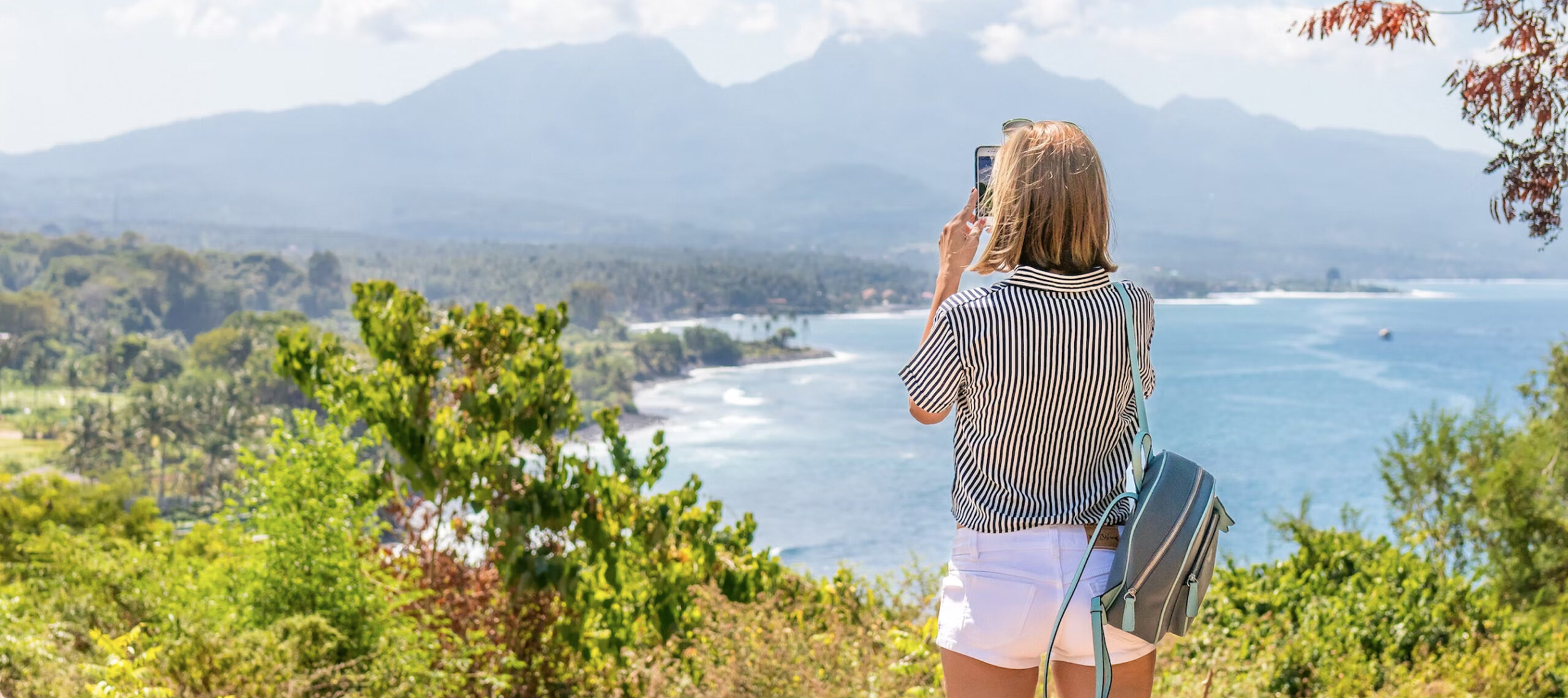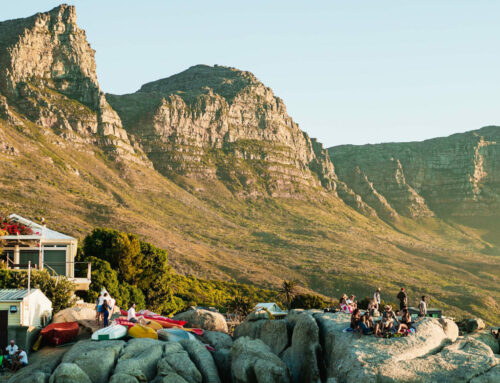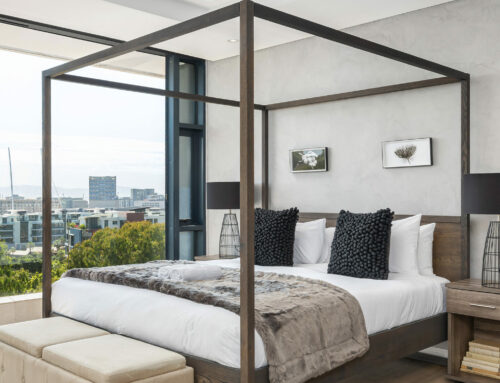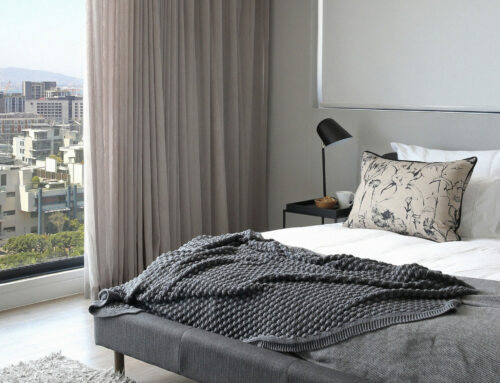Short-term rental bookings up by 266% in 2022
South Africa’s tourism sector is forecast to grow at an average rate of 7,6% per year over the next decade, according to the latest Economic Impact Report released by the World Travel & Tourism Council. This projection will significantly outstrip the 1.8% of the country’s overall economies. Results released by Propr, South Africa’s largest short term rental management company, are already starting to reflect this growth based on the performance of short-term rental bookings in 2022.
When comparing the period between October 2021 and May 2022 to that of the previous season, the company’s gross bookings grew by 266% and total revenue was up by 234%. Our total property count has doubled over the last year which speaks to the recovery in the space and the move from long-term back to short-term rentals. Average daily rates are higher than what they were pre-Covid.
It is also important to note the agility of property owners who swiftly put learnings into place to mitigate the impact of Covid such as accepting same day bookings until 5pm on the day of arrival – whereas this used to be 2pm – and offering one-night stays to fill one-night gaps which previously would have not been booked. This is because short-term rental owners usually stipulate a minimum stay of three days or more to maximise earnings.
The average occupancy increased to 74.43% up from 63.28% year-on-year and that the average daily rate also increased by 31% in the same season. Average stay length has also gone from 5.47 days pre-Covid to 7.58 days in 2020/2021 to 6.4 days during this last season. So, we are seeing shorter stays again which corresponds with the return of international travel.
When Covid hit, the drop in international travel coincided with an increase in the length of stays as a result of more South Africans working remotely. Now, more companies have adopted a work-from-home approach and are accepting of having their staff work from anywhere. As a result, there has been a huge exodus from landlocked cities such as Johannesburg to cities that offer better lifestyles like Cape Town and other coastal towns. They then stay in Airbnbs for a while to see where they want to live which results in these stays often being longer.
Overall, the growth in short-term rentals can be attributed to the fact that people prefer self-catering accommodation, especially for longer stays so that they have more space and can cook. Hotel rooms can also become quite monotonous and tiring after a while as they are small and pretty uniform. Airbnb offers quirks, uniqueness and interesting styles which most hotel rooms don’t, and short-term rental accommodation generally provides more facilities/amenities too such as washing machines, fully equipped kitchens, storage space, and coffee machines. This has been especially true during the pandemic which saw many hotels close down their value added facilities like spas and restaurants.
Our data reflects the short-term rental renaissance which continues to grow both in domestic and international bookings. We believe that, given the changes in the tourism space over the past two years and the weakening currency, this will only continue to ramp up. In fact, Airbnb announced last year that millions of new hosts will be needed to meet demand as travel picks up. We hope that more South African hosts will take up this opportunity to reap the benefits of this growing sector and the tourism industry’s imminent recovery.
Stay
Connected.
Sign up for emails and receive tips, promotions and discounts.







